Search

This small group program helps children crack the code of emotions and friendships through an animated ‘secret agent’ theme.
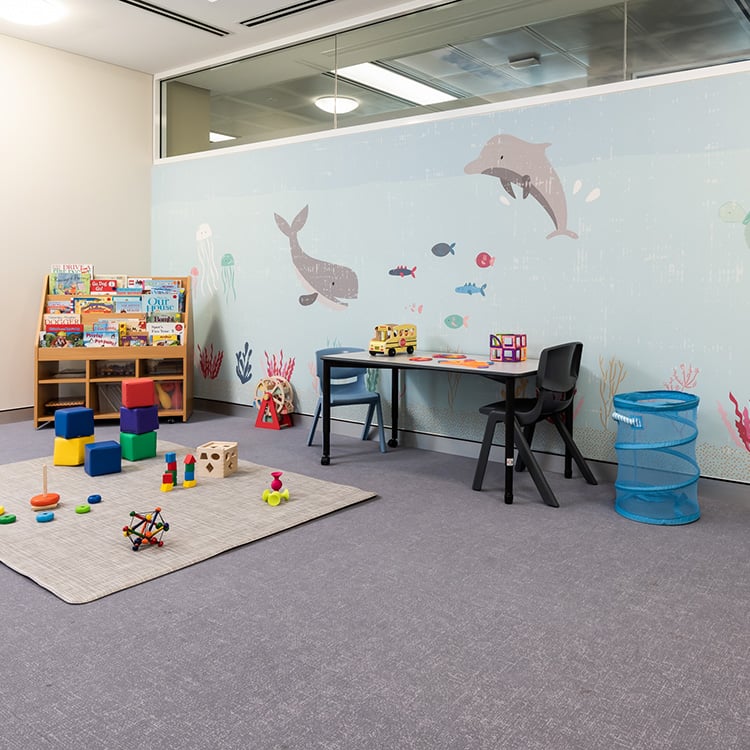
Creche services are available for families to use at CliniKids.

One of the unique aspects of CliniKids is the integration of clinical services with cutting-edge research. Our exceptional team of researchers work in collaboration with our clinicians to give the community access to the world's best evidence-based therapies.
The Kids Research Institute Australia is involved in a new multi-site Australian study, led by the South Australian Health and Medical Research Institute, which wants to determine the optimal level of iodine needed during pregnancy for baby’s development.
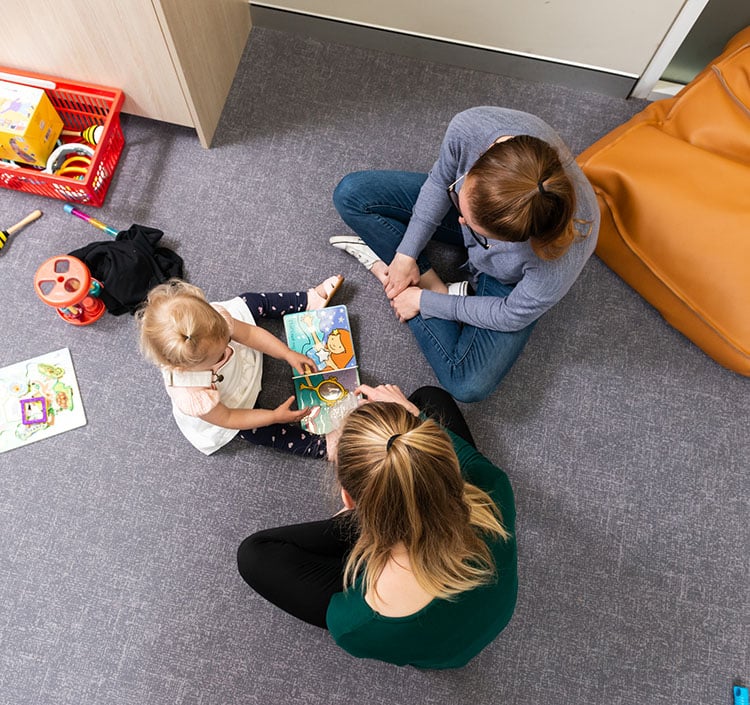
Get involved in a real-life research project
Find out about many of our previous research studies and trials, and those that are ongoing but are no longer recruiting participants.
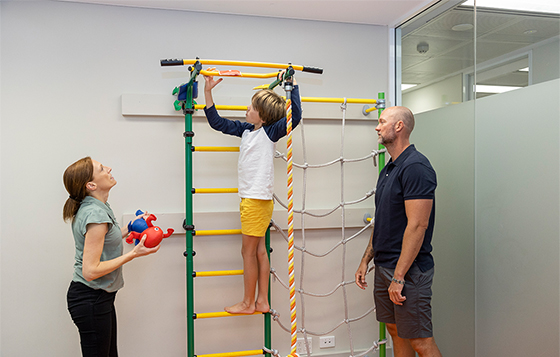
In this blog, Curtin University Occupational Therapy students Julia Walker and Mandy Bull delve into the history of Occupational Therapy in Australia.
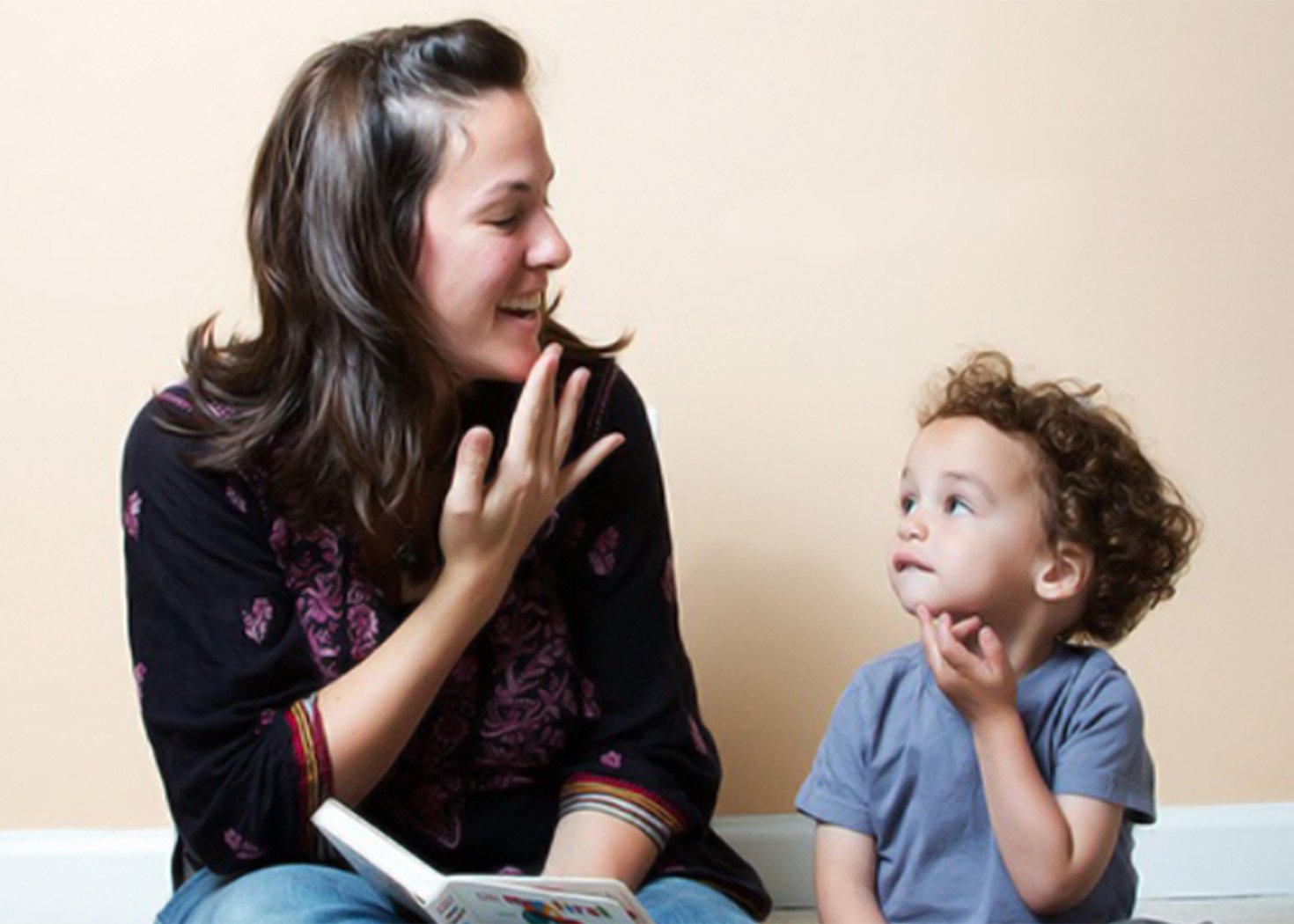
In this new blog, Senior Speech Pathologist Marisa Di Lorenzo discusses Augmentative and Alternative Communication and how it supports every individual’s access to the basic right of communication.
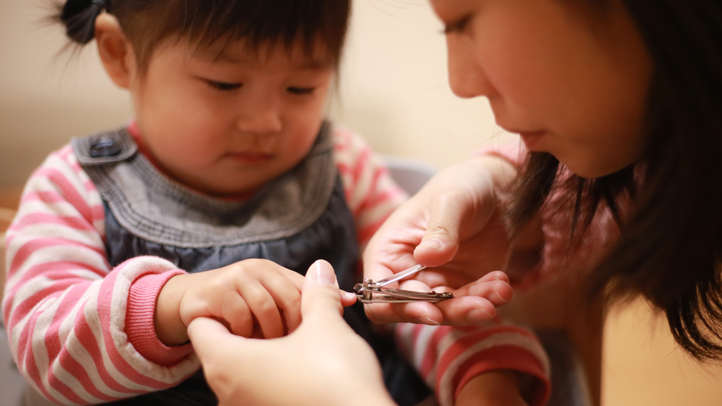
In this blog, Curtin University Occupational Therapy student Julia Than discusses how to make nail care an important part of a child's self-care routine.
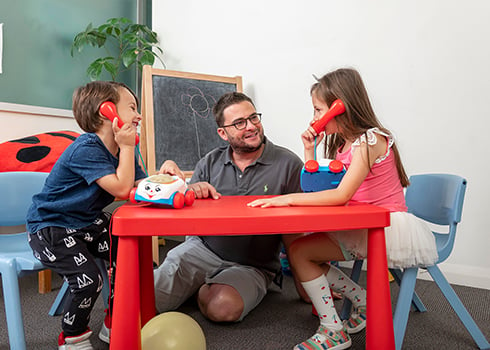
In this blog, Therapy Assistant and JASPER Practitioner Storme-Louisa Will offers some tips for promoting authentic and enjoyable play.
